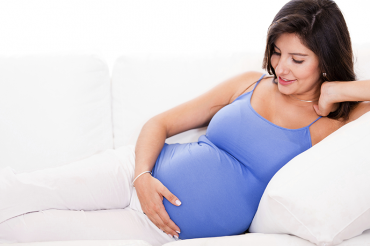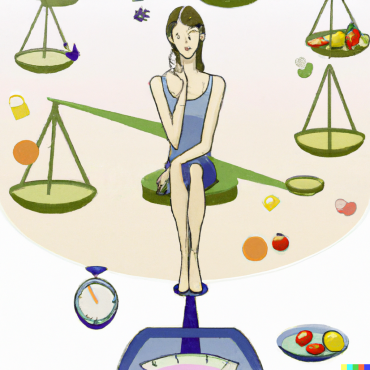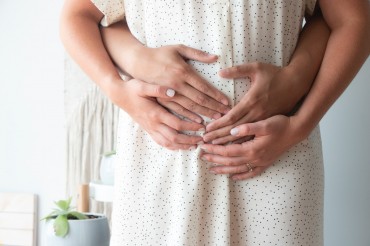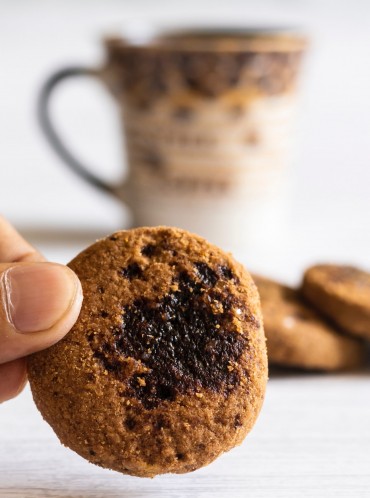In Your 20s: Primed for Pregnancy
From a purely physical standpoint, this is the prime time for getting pregnant — and the earlier you are in your 20s, the faster you may conceive. Usually, a younger body can best handle the additional load on the bones, back, and muscles during pregnancy. Your joints have been subjected to minimal wear and tear and you’re likely in the peak condition of your adult life, possibly years away from medical problems that may arise with increasing age.
The risk of pregnancy-related complications is generally low in your 20s, with a notable exception: preeclampsia, or pregnancy-induced hypertension.
While the physical factors of pregnancy generally favour a 20-something, that doesn’t necessarily mean this, is the decade to have a baby. What you lack in life experience, you may make up for in enthusiasm about impending motherhood. So adding just few years to the decision of becoming pregnant may make a big difference in your emotional preparedness.
In Your 30s: Gaining Maturity vs. Waning Fertility
Women who’ve rounded the bend of 30 may feel they’ve made great strides professionally and personally, making them more emotionally prepared for pregnancy.
The catch: While you were gaining life experience, your eggs continued to mature as well — and now they’re showing their age. The average woman is born with half a million available eggs, but those most sensitive to ripening are released first, leaving you with the slower specimens as you get older. So even if you conceived at the get-go last decade, don’t expect the same speedy results now. You’ll probably be trying for another three to six months.
Once you get pregnant, however, you’ll likely find that if you’re fit and healthy, you may enjoy the energy usually associated with a younger woman. “Your physical well-being during pregnancy depends more on who you are than how old you are. Be aware, though, that this is the decade when chronic conditions such as diabetes or high blood pressure or Gestational Diabetes set in.
AGE 35 marks the official start for “high risk” pregnancy. Why the scary-sounding cut-off? Because at 35, the odds of your having a baby with a chromosomal problem such as Down syndrome (in which a baby is born with an extra chromosome) are about equal to the risk of miscarriage from amniocentesis, a diagnostic test for chromosomal defects that examines amniotic fluid.
Also the incidence of Caesarean section dramatically rises twofold because of the maternal factors.

Image Source: mom.girlstalkinsmack.com
In Your 40s: Older, Yes, but Also Much Wiser
There’s no getting around it:
From a medical standpoint, this is the toughest decade for pregnancy. By now, you’ve run through your highest-quality eggs, making conception slower than ever. “You’re left with those eggs that have not only taken the longest to respond to the body’s cues for release, but they also don’t function well during fertilization. Your menstrual cycle may grow increasingly irregular well before menopause, which also compromises fertility.
Here at this point of time more than 50% of couples planning pregnancy end up in fertility clinics as they are now depending a lot on medical aid ( IUI,IVF ) , to nurture their dream of becoming parents.
Pregnancy may exacerbate chronic conditions as well as early signs of aging, such as stiff, sore joints; varicose veins may get worse. “It’s all magnified with pregnancy,” in this decade.
You have greater financial stability, for starters, which may enable you to focus more on motherhood. Life experience may have made you more patient and flexible.
And you’ve likely proved yourself professionally — you may now be more content to stay home, or more confident about melding motherhood and a career. That self-confidence may also carry itself into the doctor’s office, where you’re more inclined to speak up about your preferences regarding labor and delivery.
So as an Ob.Gynec. I am always questioned by all my patients,
who are pregnant for the second time –
- “Doctor i get so tired in this pregnancy, it was not similar in the previous one?”
- “I am irritable …. I have lot of Nausea”
- “I have developed Blood pressure……. Sleep hunger”
The only thing that remains to explain is to point out, “Honey you have agreed.. You were only 25 then.”
So coming to the crux of age and pregnancy is like 2 sides of the same coin.
The decision needs to be a perfect balance of age, maturity, financial
security and emotional strength as well. Nevertheless the possibility of medical issues and fertility problems be respected in all the decades be it 20s, 30s or 40s.
Image source: The Complete Herbal Guide






















































Comments